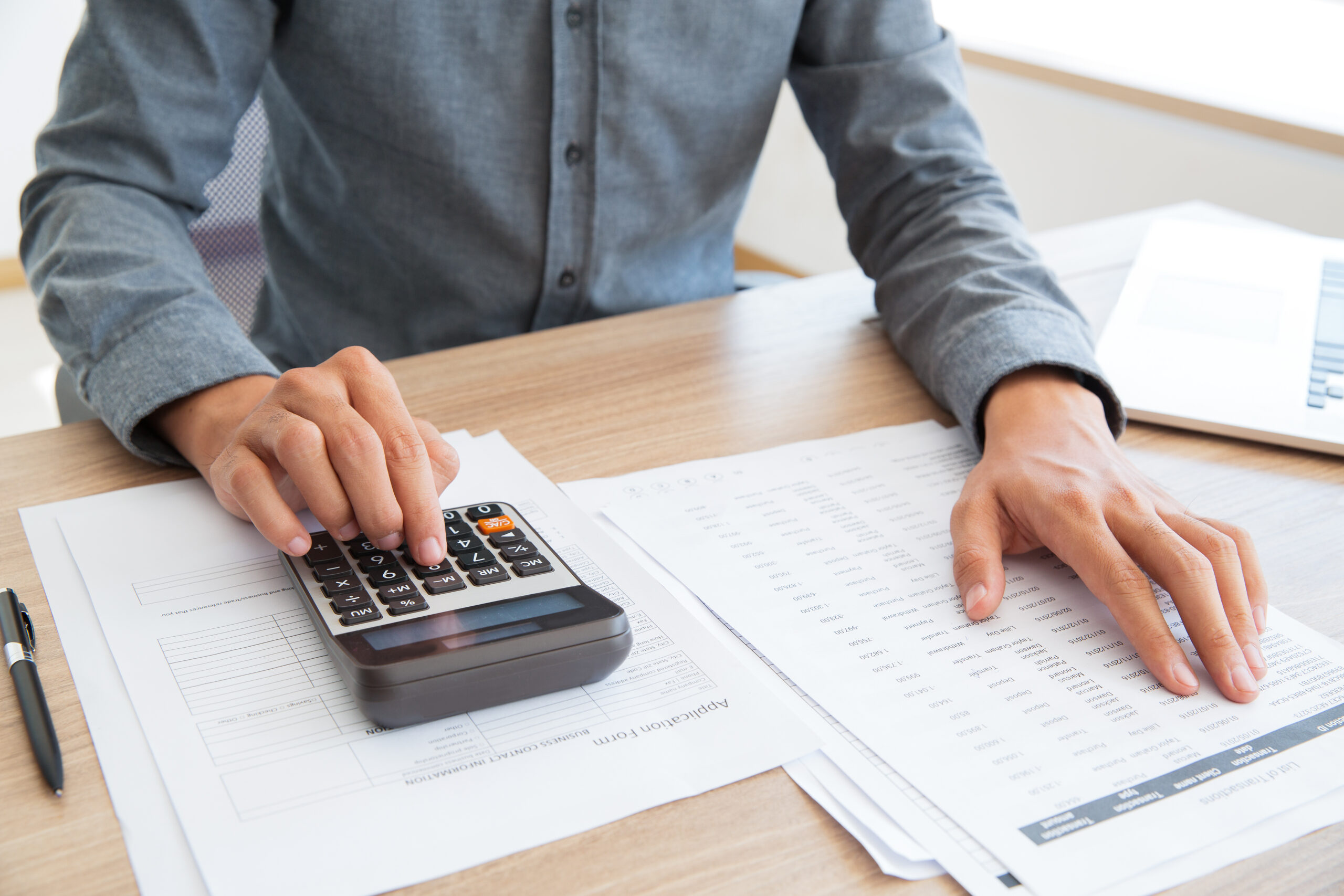When a prospective homebuyer makes calculations for a home purchase it’s important to take into account several major costs including mortgage terms, home costs and of course other closing costs. A noteworthy and frequently disregarded expense in this procedure is the land transfer tax. This tax is necessary to complete the purchase, but it is occasionally overlooked, which might result in unanticipated financial hardship.
Homebuyers need to prepare and be fully aware of all costs associated with the purchase including the land transfer tax. Let’s discover land transfer tax in more detail and its specifications for different provinces.
What is Land Transfer Tax?
When ownership of a property changes hands, provincial and territorial governments may charge a cost known as a land transfer tax. It is essentially a tax that the buyer must pay when they buy a home. The specific tax rates set by the province or territory where the property is located determine this tax, which is dependent on the property’s valuation.
It’s crucial to remember that the buyer bears the cost of the property transfer tax, not the seller. This tax is paid upon closing and is normally computed as a percentage of the purchase price of the property. In some circumstances, such as the transfer of a lease with a term longer than 50 years, the transfer of land from a corporation to one of its shareholders, or the transfer of land to a corporation if shares of the corporation are issued, land transfer tax may also be based on the fair market value of the land in addition to the purchase price.
Land transfer tax can significantly increase the closing costs of buying a home. Therefore, understanding and planning for this expense is crucial for homebuyers to avoid unexpected financial strain during the closing process.
Rebates for First-Time Homebuyers
Many governments, including Ontario, provide first-time purchasers with rebates to lessen the expense of property transfer taxes. For people buying their first home, these rebates can assist in defraying a portion of the Land Transfer Tax (LTT), increasing accessibility to homeownership. For instance, first-time homebuyers in Ontario can qualify for a $4,000 refund, which can be a huge help while the house-buying process is underway.
Additional Land Taxes and Speculation Tax
Some places levy extra taxes on top of the basic land transfer tax. For example, in Ontario, foreign persons, foreign businesses, or taxable trustees that acquire residential property are subject to a 25% Non-Resident Speculation Tax (NRST). This tax, which was recently raised from 15% to 25% with effect from October 25, 2022, is intended to discourage speculative purchases by non-residents. In addition, the municipal land transfer tax levied by the City of Toronto, which is equivalent to the provincial rates, can also apply to you if you purchase real estate there.
How to Calculate Land Transfer Tax
The amount of land transfer taxes is determined by the property’s acquisition price. For determining this tax, each province has its own set of rates and guidelines. Additionally, as mentioned some towns could levy extra fees of their own. For example, the land transfer tax rates in Ontario were recently changed in 2017, adding a new tax bracket for properties worth more than $2 million.
Homebuyers can estimate their LTT using an online calculator by entering the purchase price of the property and their location. Let’s discuss the intricacies of land transfer tax computations in Ontario.
Ontario Land Transfer Tax
The land transfer tax rates in Ontario are as follows:
- First $55,000: 0.5%
- $55,000.01 to $250,000: 1.0%
- $250,000.01 to $400,000: 1.5%
- $400,000.01 to $2,000,000: 2.0%
- Over $2,000,000: 2.5%
Example Calculation
For a home purchased in Ontario for $500,000, the land transfer tax would be calculated as follows:
- First $55,000 at 0.5%: $275
- Next $195,000 ($250,000 – $55,000) at 1.0%: $1,950
- Next $150,000 ($400,000 – $250,000) at 1.5%: $2,250
- Remaining $100,000 ($500,000 – $400,000) at 2.0%: $2,000
- Total LTT = $275 + $1,950 + $2,250 + $2,000 = $6,475
Additional Land Transfer Tax in Toronto: An additional municipal land transfer tax, equal to the provincial rates, is levied on homebuyers in Toronto. Therefore, the land transfer tax amount would be doubled for a Toronto homebuyer who would have to pay both the provincial and municipal LTTs.
Overpayment and Refunds
If you overpay land transfer tax, including Non-Resident Speculation Tax, you can request a refund from the Ministry of Finance. Refund requests must be made within specific time limits, such as 18 months after the transfer for first-time homebuyer refunds or within four years for other overpayment refunds.
Understanding Harmonized Sales Tax (HST)
For newly constructed or significantly remodelled properties, there is also a harmonized sales tax (HST) in addition to the land transfer tax. Resale houses, however, are exempt from the HST. New homeowners can lessen their financial burden by receiving a rebate of up to $24,000 of the provincial component (8%) of the HST.
Land transfer taxes need to be thoroughly understood by buyers for them to fully comprehend the cost of purchasing a property. By researching potential refunds, calculating the right rates, and being aware of the associated costs, buyers can better prepare for the financial commitment that comes with buying a home. Whether you are a first-time or seasoned real estate investor, understanding land transfer taxes will help you make more financially sound and confident decisions when buying a property.




Leave a comment